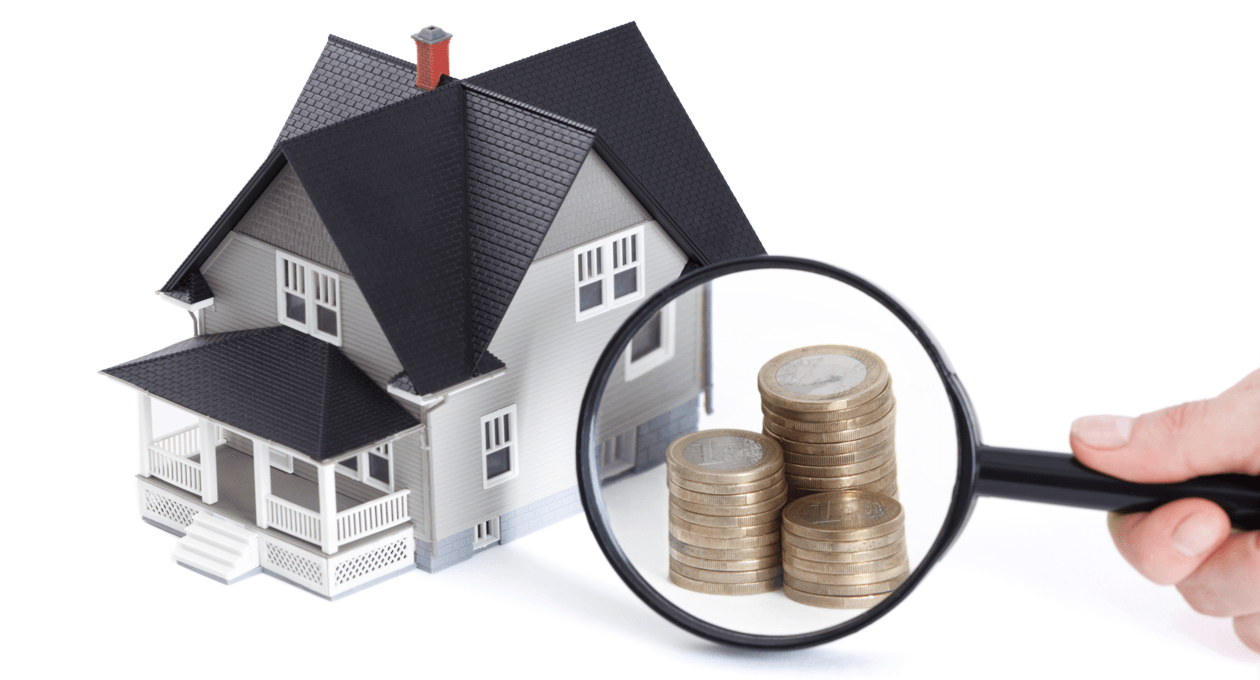 How much is your home worth? Whether you’re in the market to buy or sell, it’s important to know the difference between the value of your home when it’s assessed by the City and the true market value of your home.
How much is your home worth? Whether you’re in the market to buy or sell, it’s important to know the difference between the value of your home when it’s assessed by the City and the true market value of your home.
City Property Value
In order for your municipality to determine how much your property taxes will be, they need to perform an assessment. There are many factors that go into determining this, such as your home’s location, age, size, and the construction materials used.
A municipality is able to calculate the value of your home using a Mass Appraisal method. Sending someone to your house every year for an assessment is next to impossible. They instead compare homes with similar attributes and determine value based on what those homes have sold for on the market.
Once the value has been calculated, the City charges the homeowner their property taxes. For example, in Edmonton, your property taxes will increase based on the average change in the assessed value. If your home’s value increased more than average, your tax bill will see a higher-than-average increase. If the value increase is below average, you’ll still see an increase, but it will be lower than if your value had gone up.
Does this mean you have no control over the assessed value of your home? Not exactly. The City will factor in renovations done to your home that increases its value, such as completing an unfinished basement, adding another bathroom or building a garage. Keep in mind, they can only consider the work you’ve done on your home if you’ve received a permit for the work that was completed.
Most municipalities are also willing to work with you in addressing concerns surrounding your property value assessment.
Market Value
Whereas municipalities use historical data to determine the tax value on your home, Realtors look at every detail to determine the price which a homeowner can expect to sell their home for. They look at current market trends, your home’s location, as well as homes that are like yours and how much they are being sold for.
They also look at the more specific elements of your home to determine its value: age, size, what type of home it is, what materials the home was built with, renovations, the lot your home is built on, and maintenance records. There may be features in your home that will increase your home’s value, such as new appliances, unique architecture or a custom-built deck. Alternatively, a worn-out bathtub, no garage, or a crumbling exterior will cause your home’s market value to decrease.
Remember, trust your Realtor to determine the proper market value. They want to make sure your home sells for as much as possible. They have seen countless homes over their careers and know what they are looking for when considering the value of your home.
Why Aren’t These Values the Same?
Realistically, the assessed value of your home and its market price should be the same, but this is not always the case. Typically, market values are often more than what a municipality assesses your property for. This is because municipalities look at historical data from previous years, whereas Realtors determine the current market value with a very detailed criterion that takes the property as it is right now into consideration. These usually include things the City doesn’t look at, like the view your home has.
One benefit to the City lagging in terms of the accuracy of their assessment is that if your home is worth more than the City has assessed, you’re more likely to have lower property taxes. Keep in mind that from time to time, you may see significant increases in the City’s assessment of your home as it attempts to keep up with its market value.
Understanding the difference between the value the municipality places on your home compared to the market will help put some confusion to rest. Don’t be surprised if these values don’t match up all the time. When selling your home, all that matters is how much someone is willing to pay.

